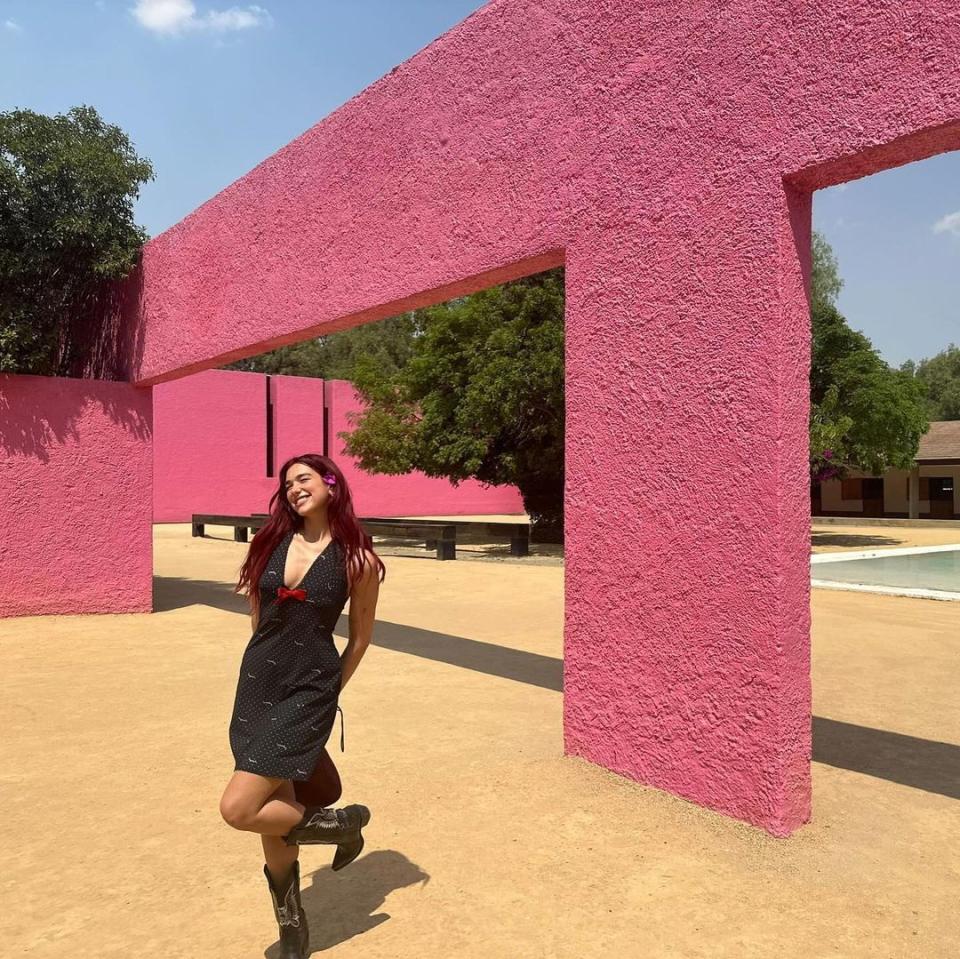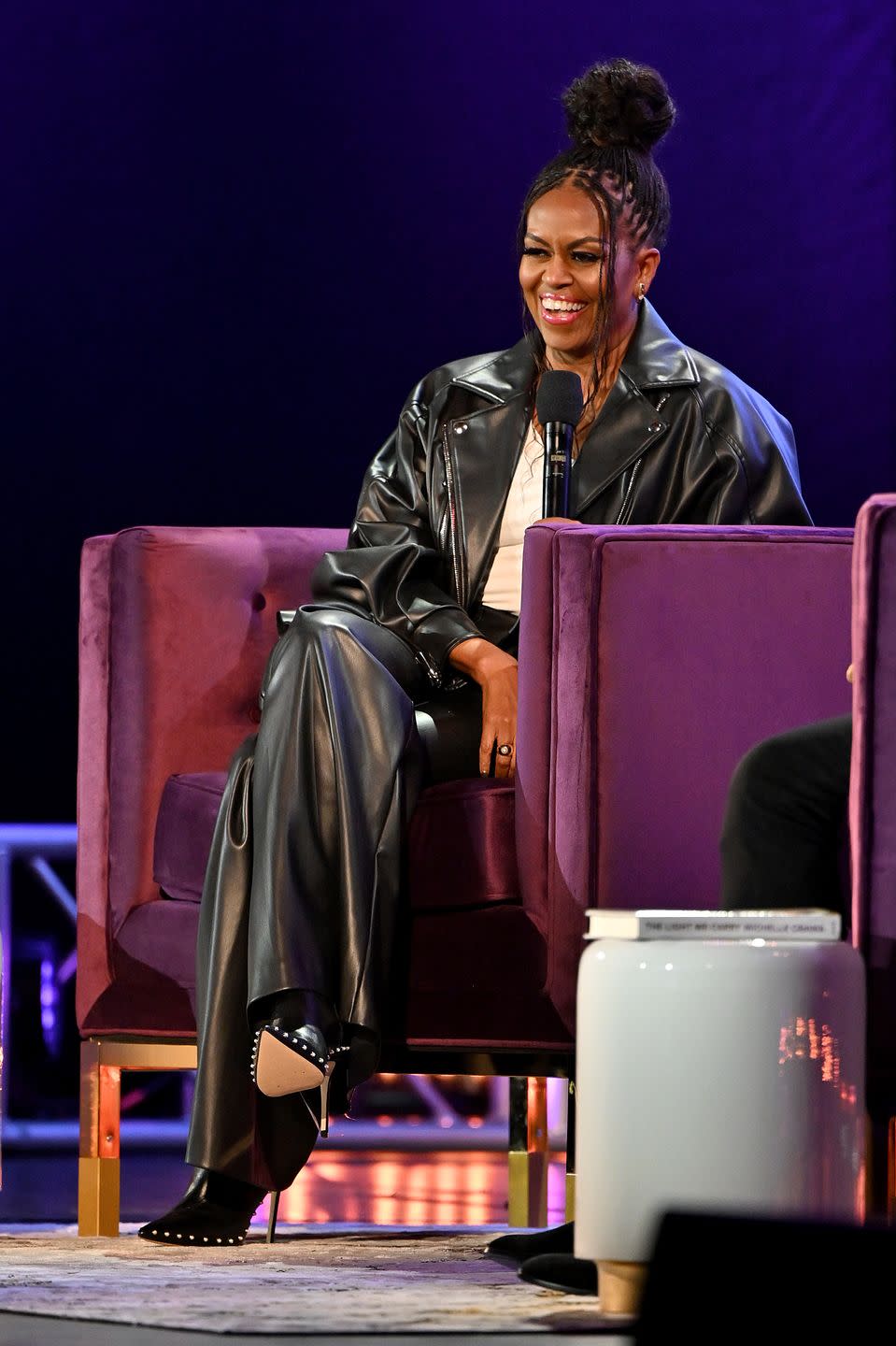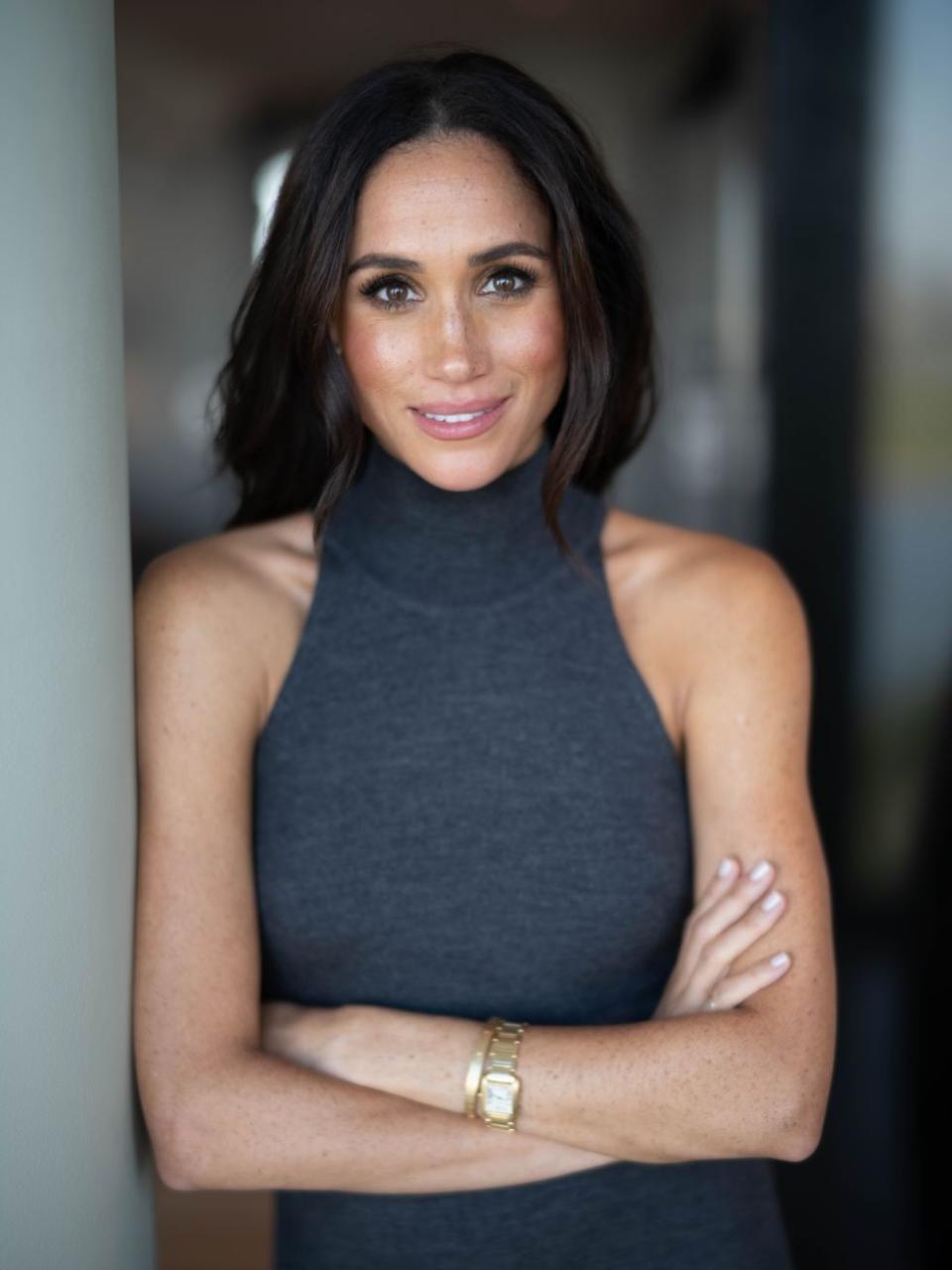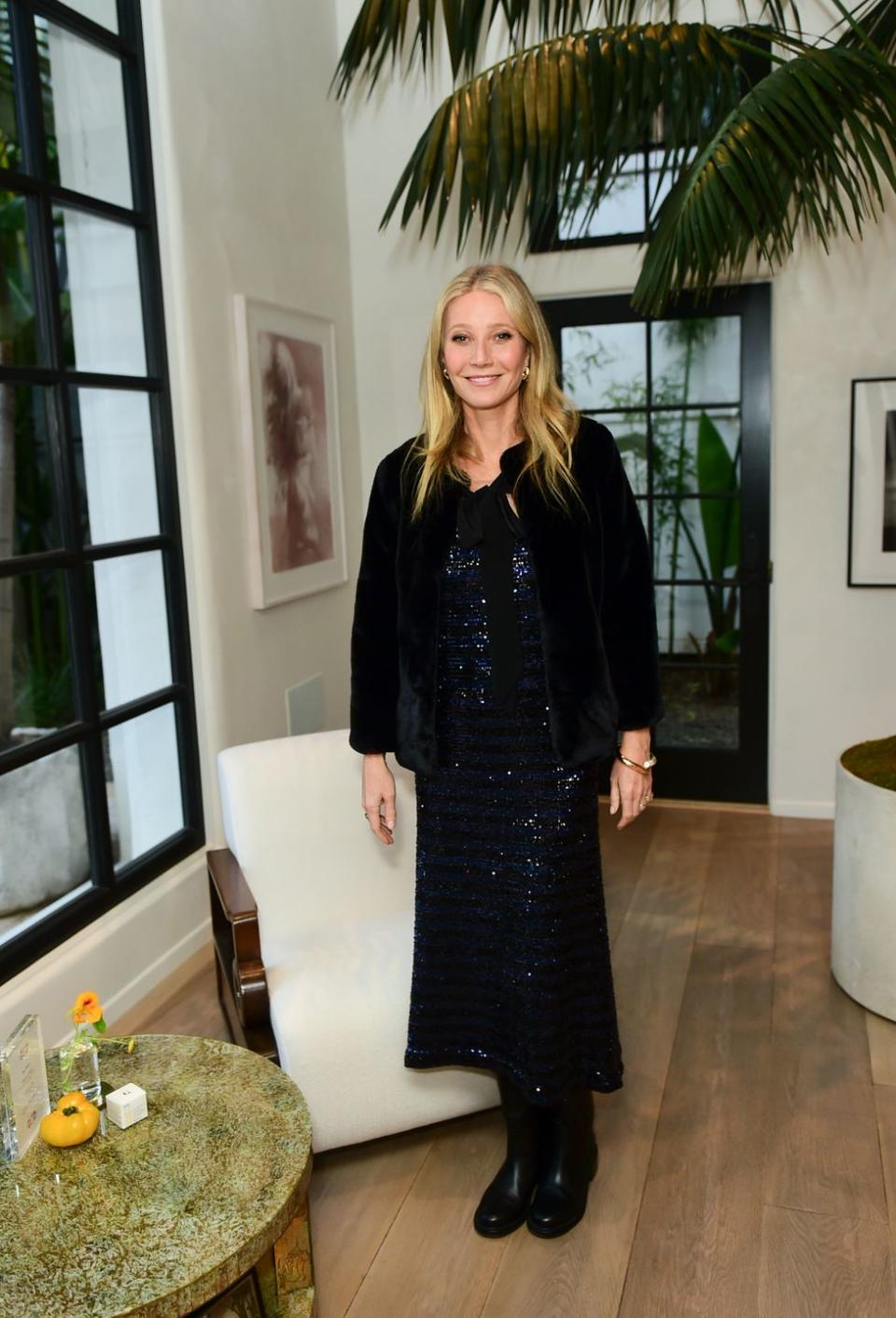Are Astrologists Really Better Than Therapists?

When Rosie Cutter was 15 years old, she had a palm reading during which she was told that she had never met her mother. ‘how could this lady who I’d never met know that just from looking at my palm?,’ Cutter, who was adopted at birth, recounts to ELLE UK from her home in Aspen, Colorado. Fast forward 24 years and today, she is the personal astrologer to Dua Lipa (among many others), and for the last eleven years has surpassed 1,000 readings a year. Her specialty, which she honed while living in Hawaii and Ibiza in her twenties, is traditional astrology combined with the reading of Destiny Cards and Human Design.
The reverence for Cutter’s practices – she’s not at liberty to divulge but which are relied upon by a host of ‘big Fortune 500 companies and politicians’ – has cemented her as part of the new frontier of spiritual advisors who look to the celestial to guide their prestigious clientele. Where once the rich and famous’ source of strength was derived from religion or traditional talking therapy, today it comes from astrology.
FIND OUT MORE ON ELLE COLLECTIVE
Take Dua Lipa, Grammy award winner and soon-to-be headliner of the Pyramid Stage at Glastonbury, for example. During an appearance on the Dish podcast recently, the London native became the latest in a stable of celebrities to have endorsed astrology, as she admitted to having an astrologer instead of a therapist. She joins former first lady Nancy Reagan, who was famously loyal to her astrologer Joan Quigley, whom she met on the set of The Merv Griffin Show. In her memoir, My Turn, Reagan wrote that she called Quigley in the aftermath of an assassination attempt on the president in 1981. ‘I’m scared every time he leaves the house,’ Reagan reportedly told Quigley, before seeking advice on the timing of her husband’s comings and goings. Shortly after, the New York Post ran a story with the headline, ‘Astrologer Runs The White House.’ Astrologers’ abilities to predict the planets and their behaviours has also been relied upon in the business of quite literally making money; American financier J.P. Morgan once famously said that millionaires don't need astrologers, but billionaires do.

The appetite for the celestial is clear. According to a new report published by Allied Market Research, the astrological industry was valued at $12.8 billion (£10 billion) in 2021 and is estimated to reach $22.8 billion (£18 billion) by 2031. There are TikTok series, Instagram accounts and apps all dedicated to proffering astrological advice. The most popular and prolific astrology app, Co-Star, has become home to 30 million registered accounts since its inception in 2017. It is used by just shy of 1 million people every month. The Pattern, which launched in the same year, similarly offers personalised astrology advice. So aligned were the stars that before the app had even officially launched it had found 30,000 users by word of mouth, and while the company doesn't disclose official figures, its founder admitted that 3.5 million users downloaded the app during the pandemic alone. Indeed, the stretch of uncertainty created by the pandemic only fuelled the demand for astrological advice. According to Google Trends, searches for 'birth chart' and 'astrology' both hit five-year peaks in 2020, with many astrologers reporting that demand for their services exploded during the pandemic.
The astrological boom has occurred in tandem with traditional talking therapy becoming prohibitively expensive against the backdrop of the cost-of-living crisis, as well as a chronic shortage of service providers. More than 1.69 million people in the UK were referred to NHS talking therapies between April 2019 and March 2020, while countless more sought help from private practitioners. In 2022, the NHS reported a shortage of 2,000 qualified therapists, while a 2020 survey from YouGov and the British Association for Counselling and Psychotherapy found that 86% of people believe it’s better to talk about your problems than take medication.
The resurgence of astrology is unsurprising to Cutter. ‘Astrology is essentially a weather forecast,’ Cutter explains. ‘I can tell you if the weather’s going to be bad so that you can prepare for it, but sometimes after therapy, people forget that you're still going to have melancholy 20 years from now, even if your life is wonderful and you've had so much therapy, because you're an emotional being and you're feeling what's happening on this planet. People are seeking spirituality because these are very trying times.'

Astrology is an ancient practice originally based on geocentrism that dates back to the 2nd millennium BC – with Babylonian astrology being the first organised system – and until the 17th century, astrology was considered a scholarly tradition. As the sciences developed, astrological scepticism in the West increased.
It wasn't until the mid-twentieth century, when much of the West began secularising from traditional organised religion, that people began turning to the divine once again. A 2014 study by the National Science Foundation in America found that scepticism around astrology was decreasing, with more than half of 18-24 years olds believing astrology is a 'scientific tradition'. Political tumult – Brexit and the 2016 election of Donald Trump, combined with the emergence of the wellness industry combined to bolster the fortunes of astrology, promoting it to the collective consciousness once more. According to Google Trends, alongside an increased awareness of mental health, searches in the UK for ‘wellness' and ‘horoscopes' doubled between 2010 and 2022. As distrust blossomed in the systems that govern us, people began looking to the divine for answers.
Wendy Stacey, Astrological Consultant at the Mayo School of Astrology, is clear that astrology and therapy are not mutually exclusive. 'So many astrologers are also trained as psychotherapists, and as counsellors,' she tells ELLE UK. 'We don't say we're trained counsellors, but we advise students to seek their own therapy and counselling, and to seek those other skills outside their astrological training,' she adds. Cutter, it is worth noting along with many other astrologers, is a trained speech therapist.
The chasm between the two seems to lie in the fact that, while therapy is an industry with a regulatory body, astrology isn't. Anybody can claim to be an astrologer and start charging for their insight. 'I think the thing with talking therapy is that idea of a never-ending commitment. I think that most people don't enjoy paying to have an unbiased soundboard. People are looking to have results. It's not my job to go over the sadness again and again. It's my job to give them a plan,' Cutter says.

Therapist and EMDR consultant, Debra Read, also noted that demand for her services spiked as we emerged from the pandemic. 'Therapy is helping somebody to make sense of their world. When a person has negative thoughts and feelings about themselves or their world, therapy helps them to make sense of that, which is the only way to move forward in a way that's not emotionally charged. It unsticks them if they might feel stuck in how they're thinking and feeling,' she tells ELLE UK. 'It's about helping them to heal those negative memories, even if it's something they can't articulate the feelings.'
Read acknowledges that while there are forms of therapy that might not help clients to become emotionally independent, there are other forms of therapy that are unequivocal in their ability to provide emotional resilience. 'A person can only develop true emotional resilience when they've acknowledged their trauma,' she says. 'All therapy is based on trauma, but until you've really dealt with the root of the problem, that person will remain stuck.'

While the cost of private therapy can vary in the UK, it is advised that an initial course should be six to 12 sessions long. Some private therapists charge £150 for an hour's session, a price that for many in the cost-of-living crisis is entirely unfeasible. And that's not to say that its results are promised. One 2016 survey led by the Royal College of Psychiatrists found that one in 20 people reported 'lasting bad effects' from their therapy, with people from minority-ethnic and LGBTQ+ backgrounds more likely to encounter these problems. Cutter, meanwhile, adds that a person could see an astrologer once a year for guidance of what to expect for the months ahead and that would be it.
Shannon Mahanty is training to be an integrative psychotherapist and takes umbrage with the conflation of astrology and therapy. 'Therapists have undertaken years of mental health training and are part of regulated bodies. They have to work within certain ethical criteria, so I worry that there's an element of risk that an astrologer might not be as aware of when it comes to working with complex mental health needs,' she says. 'One of the ethical pillars in therapy is around autonomy and agency, which means that a client is the expert of their experience and it's crucial that a therapist doesn't tell them what to do or what's going to happen to them.'
Sceptics will say that astrology is not science-based; practitioners will argue that it has roots in astronomy and connections to quantum physics. Therapists will argue their practice is based in reality, astrologers' are based in the ethereal. There are also stars who, unlike Lipa, have name-checked therapy, rather than astrology, as a resource that has supported their emotional needs. Gwyneth Paltrow, Meghan Markle and Prince Harry and Michelle Obama are among those who have been outspoken about the profound impact that therapy has had on their lives. There are proponents on both sides, but in increasingly splintered emotional and spiritual times, a little bit of magic can never be a bad thing – whatever that looks like to you.
ELLE Collective is a new community of fashion, beauty and culture lovers. For access to exclusive content, events, inspiring advice from our Editors and industry experts, as well the opportunity to meet designers, thought-leaders and stylists, become a member today HERE.
You Might Also Like


